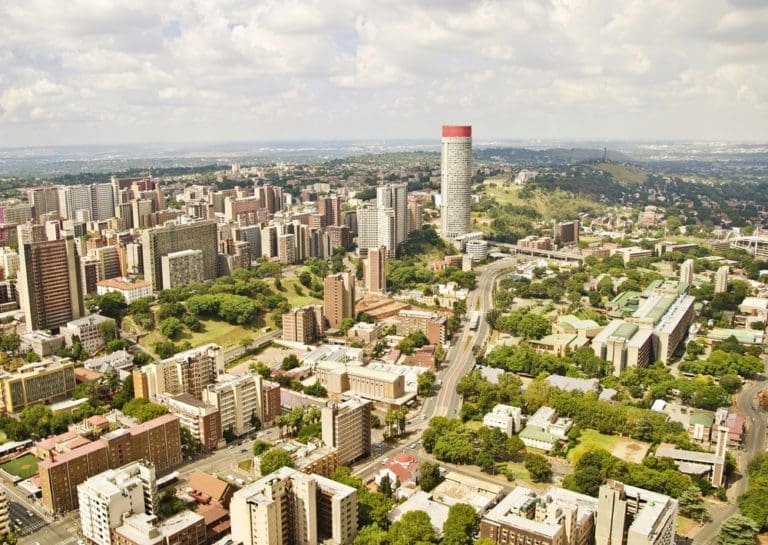As South Africa’s industrial hub, Gauteng Province steps up its fight against climate change amid concerns of environmental impact.
Recognising its significant role in environmental degradation due to its heavy reliance on carbon-intensive energy, Gauteng Province is redoubling its efforts to combat climate change.
To enhance these efforts, the Gauteng Department of Agriculture, Rural Development, and Environment (GDARDE) has announced the appointment of an expert environmental consultancy firm, specialising in this field, to craft a comprehensive greenhouse gas (GHG) inventory.
This inventory system will provide essential insights into the carbon footprint resulting from the province’s economic activities.
The consulting firm is slated to deliver its comprehensive report by the second quarter of the upcoming year.
“The last inventory for Gauteng was conducted in 2010. Since then, it is likely that emissions may have developed in different ways than expected due to increased industrialisation and possible disruption of existing emission-reducing initiatives,” says Loyiso Mkwana, GDARDE’s Chief Director for Environment Management.
“We continue to observe climate change-related frequent and severe natural catastrophes such as violent thunderstorms, drought and flash floods. But we need to understand scientifically if the tremendous efforts by both the public and private sectors to alleviate the impact of climate change are having the desired long-term effect.”
The exercise being undertaken by the consultancy firm which provides sustainability solutions to both the private and public sectors, will therefore determine a new GHG emission profile. Similarly, this process will also recommend new emission projections and targets for the province.
Furthermore, it will enable the country’s biggest economic hub to optimise emissions reporting and accounting through a systematic monitoring, reporting and verification methodology.
“In simple terms, we will be able to assess, measure, and track the greenhouse emissions that play a role in this over time. Most importantly, do so accurately and continually monitor the province’s efforts at reducing its carbon footprint,” Mkwana added.
The other factor is that it will contribute toward South Africa’s international climate change mandatory reporting requirements to climate change bodies such as the United Nations Framework Convention on Climate Change.
GDARDE coordinates the various climate change projects implemented in the province to promote a low-carbon economy and climate resilience. Currently, there are 104 recorded and verified climate change-related projects in the Climate Change Implementation Plan and Project Register.
In 2015, the Department launched the Gauteng Industrial Symbiosis Programme, a resource-efficient initiative programme that resulted in 1500 tonnes of GHG emission reduction. The programme involving 1400 companies, has also resulted in significant savings in water and other natural resources and the deployment of resource efficiency and cleaner production processes.
Gauteng Province has also established the Premier’s Expert Advisory Committee on Climate Change which guides and accelerates implementation of the Gauteng Climate Action Plan and provides expert advice on elements of a Just Transition pathway for the Gauteng City Region. The Committee consists of members from the Government, private sector, research institutions, and non-governmental organisations.
Early next month, the Gauteng provincial government’s 4th Climate Change Indaba returns after taking a break due to Covid-19. The three-day conference will take place from 4 – 6 October 2023.
The event’s purpose is to showcase climate action in the province and demonstrate how innovative companies are progressing in changing their operations to enable the
